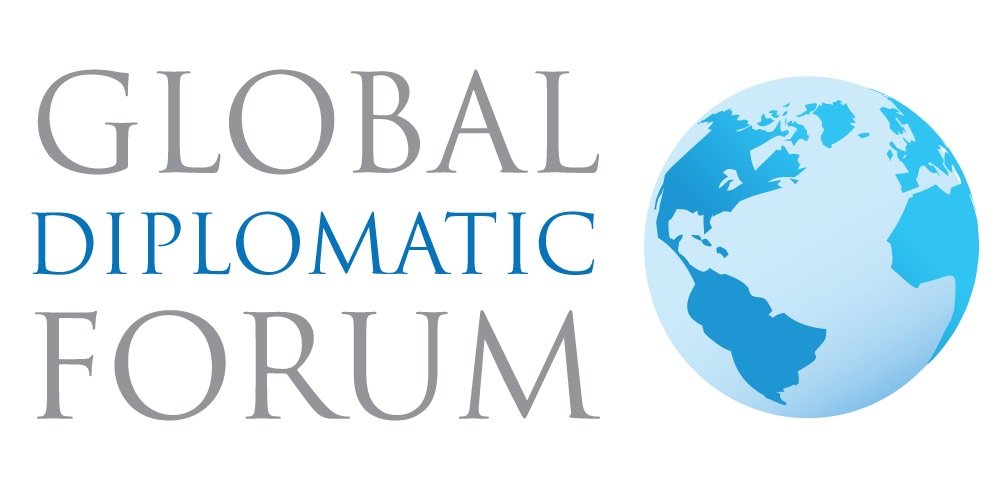Gestion de crise essentielle pour les diplomates
Cours en ligne avec certificat
Acquérir les compétences nécessaires pour anticiper, gérer et communiquer efficacement lors de crises diplomatiques et internationales.
6/8 heures par semaine
Apprentissage en autodidacte
Un accès en ligne flexible
À partir du 9 février 2026
Bienvenue à Essential Crisis Management for Diplomats - un cours en ligne pratique et à fort impact conçu pour vous aider à gérer les crises complexes et imprévisibles auxquelles les diplomates sont confrontés dans le monde d'aujourd'hui.
Ce programme, qui se déroule à votre rythme, vous permettra d'acquérir les outils, les cadres et la vision stratégique nécessaires pour gérer efficacement les crises, qu'il s'agisse de troubles civils, de cyberattaques, d'urgences climatiques, de campagnes de désinformation, de prises d'otages ou de menaces hybrides.
Que vous soyez affecté à une mission à haut risque, que vous souteniez une région instable depuis le siège ou que vous vous prépariez à votre premier rôle en situation de crise, ce cours vous permet de réfléchir de manière stratégique, d'agir de manière décisive et de communiquer clairement sous pression.
À qui s'adresse ce cours ?
Ce cours est conçu pour :
Diplomates et agents du service extérieur à tous les stades de leur carrière
Points focaux consulaires, de crise et de sécurité dans les ambassades et les ministères
Responsables politiques travaillant dans des portefeuilles à haut risque
Les professionnels des organisations internationales, des agences de développement et des ONG qui collaborent avec les missions diplomatiques
Les étudiants
Aucune expérience préalable en matière de gestion de crise n'est requise...
Ce que vous apprendrez
A la fin de ce cours, vous serez capable de :
Comprendre les phases et les types de crises pertinentes pour le travail diplomatique
Évaluer les risques et élaborer des plans de préparation au niveau de la mission
Réagir efficacement à des crises complexes et impliquant de multiples parties prenantes
Communiquer en interne et en externe, y compris avec les médias et le public.
Réaliser des bilans après action et renforcer la résilience à long terme de votre mission ou de votre ministère
Format du cours
Apprentissage à son propre rythme :
Apprenez à votre rythme, avec la possibilité de faire des pauses, de revoir les modules ou d'avancer à votre rythme.
Apprentissage multiformat :
Vidéos
Articles et rapports
Quiz
Scénarios diplomatiques du monde réel
Interactive
Mettez en pratique ce que vous apprenez grâce à des exercices basés sur des scénarios et des tâches de réflexion.
Certificat
Obtenez un certificat d'achèvement à la fin du cours - idéal pour le développement professionnel et les cadres de performance.
Programme des cours
Ce cours comprend 5 modules structurés :
Cartographie du paysage des crises diplomatiques
Comprendre les types, les phases et les tendances des crises affectant les opérations diplomatiques.Préparation, évaluation des risques et planification
Apprenez à anticiper les menaces, à évaluer les risques et à concevoir un plan de crise adapté à votre mission.Réponse et coordination en cas de crise
S'entraîner à la prise de décision, à la coordination interne et à la collaboration entre plusieurs agences lors d'une crise.Rétablissement, bilan après action et résilience
Explorer la transition entre la réponse à la crise et le rétablissement et l'apprentissage à long terme.Menaces futures et scénarios de crise avancés
Aborder les menaces émergentes et "polycrisis" telles que les perturbations cybernétiques, la désinformation et les situations d'urgence liées au climat.
Frais de cours
1-Accès individuelau cours: Accès à vie à ce cours ( 295)
Evaluation : 4.8/5 par les anciens participants
Des diplomates de plus de 100 pays lui font confiance


